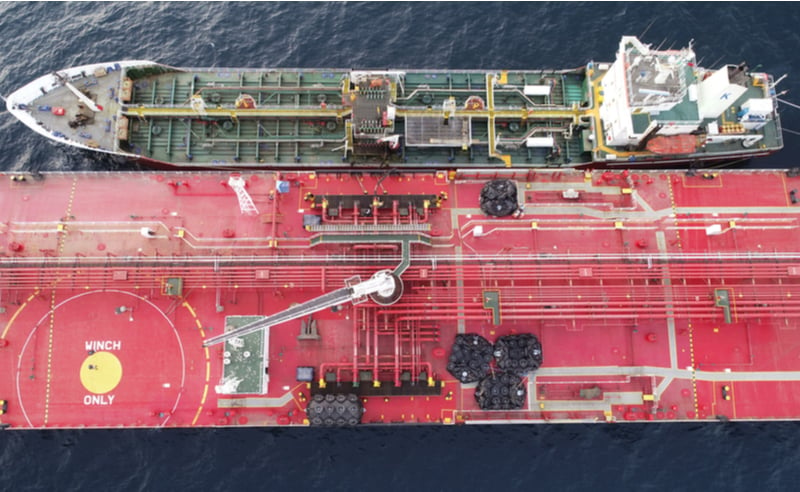We have recently seen an uptake of bunker quality disputes between our members and bunker suppliers. Bunker represent the biggest single cost for the shipowners and charterers and effective bunker procurement management should start by selecting good bunker suppliers ensuring that ships receive the correct fuel quantity and quality.
It is not always easy to check whether the purchased bunker is the same quality as the one being delivered, and bunker quality may differ around the world with different blending processes increasing the risk of contamination or low fuel quality. Some residual fuels have been used as a dumping ground for waste chemicals which cause serious damage to the main and auxiliary engines. We still see bunker cases with chemical compounds similar to what we saw in the Houston bunker contamination cases a few years ago.
It is important that the ship's crew checks the fuel quality and compare it to what the bunker delivery receipts and certificate of quality state. Even if the documents do not provide the full analysis of the fuel the Chief Engineer should at least check the fuel density, sulphur content, viscosity and quantity.
Skuld always advises its members and clients to perform a proper due diligence when ordering or procuring bunker:
- It is very important to always conduct a vetting procedure when selecting good bunker suppliers
- Always check the sales terms like time bars, sampling clause as well as the warranty as to the fitness of the fuel
- Always ask for documentation of fuel batches from the fuel supplier
- Ask for and always check the Certificate of Quality prior to bunkering
- We recommend the ISO 8217:2017 standard rather than the more commonly used ISO 8217:2010
- Avoid mixing different types of fuels, as VLSFO is very sensitive and even small amounts of co-mingling will make the fuel unstable.
To protect from the risks of poor fuel quality Skuld advises its members and clients to perform regular fuel sampling, fuel analysis and quality assessments.
Members may contact Skuld's Loss Prevention department for any clarification on this matter.
